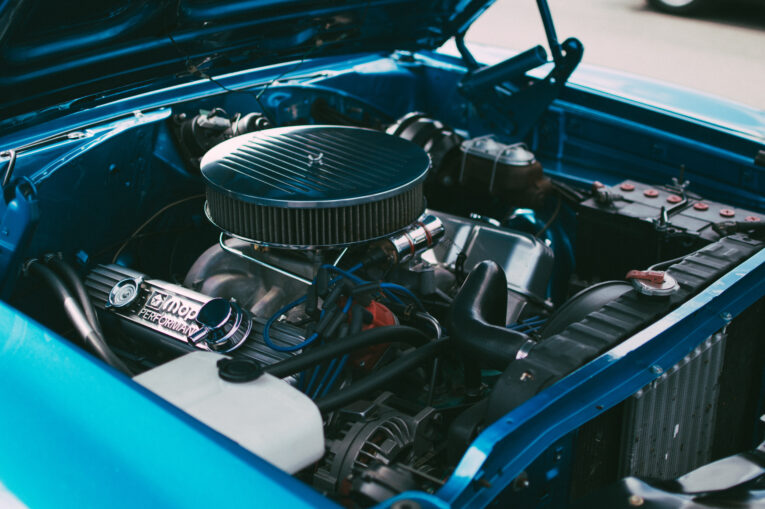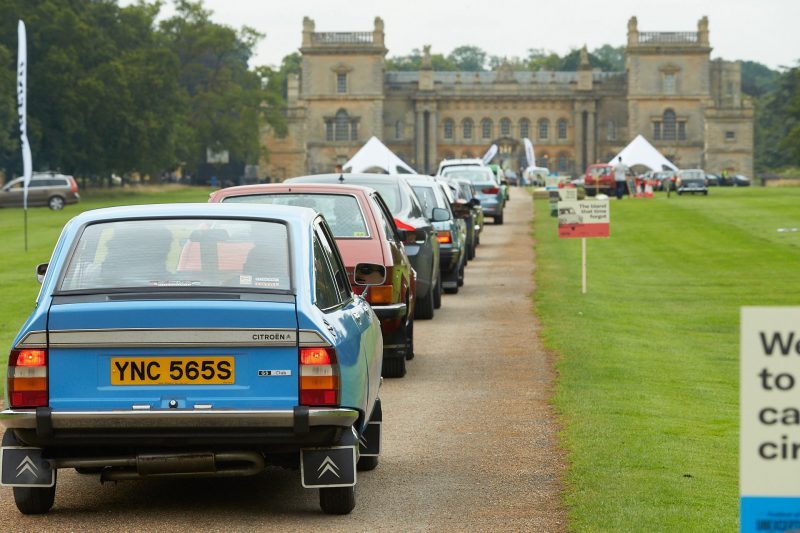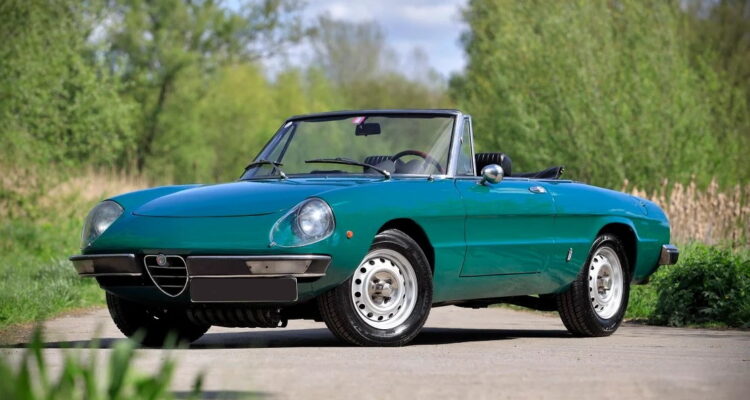Can Synthetic Fuels Save the Internal Combustion Engine?

You’ll have to forgive our rather foreboding choice of title for this article but we wanted to shed some additional light on a subject that is very dear to our hearts, and we’re guessing yours too. If you haven’t already seen our YouTube video on the the future of internal combustion and synthetic fuels then we would urge you to do so as a matter of course. It’s a fascinating, insightful and practical look at the efficacy of providing an alternative to not only dinosaur juice as a form of fuel but to electric-powered cars as well, renewable or otherwise, and as we so categorically prove in the footage by filling our Rover 800 Vitesse to the brim with the stuff, it works.
With all of the legislation, furore and general hoo-ha around the fate of the internal combustion engine and the part electric vehicles and synthetic, or e-fuels (see, we can’t even agree on the naming convention) will play, it can be difficult to sift through all of the propaganda, rumours and hearsay to get to the actual meat and potatoes of the matter – the hard facts. Not only that but the whole concept of these new electrofuels is still very much in its infancy and no doubt subject to myriad more changes over the coming months and years.

One such change is Germany’s recent push back against the European Commission’s proposed phasing out of vehicles powered by internal combustion engines by 2035. In 2022 the EU bigwigs put in place a law banning the sale of new conventional petrol and diesel engines from 2035 in an effort to cut CO2 emissions. The news of Germany’s dissent came last month when the country’s Federal Minister of Transport, Dr. Volker Wissing, voiced concerns regarding the ban of such vehicles. Wissing was unwilling to agree to the proposal unless there was a clause included within the legislation for the provision of vehicles powered by e-fuels. It has been suggested that a new category would be created for vehicles that could solely run on synthetic fuels with processes in place that would also prevent the vehicle’s ability to use fossil fuels, but a concrete decision is yet to be reached.

E-fuels are created from hydrogen and CO2 using renewable power and are seen by many as the future for ICE powered vehicles. Others are lobbying hard against it, whether that be from ill-conceived notions of the potential ramifications and the actual processes involved or because of a vested interest in electric vehicles. Either way it’s impossible to ignore this developing industry and as classic car fans it seems (to us at least) to be an incredibly viable alternative to fossil fuels and one that will allow us to continue driving the cars we love well into the future. As we’ve shown in the video above, organisations like Coryton and the HCVA (Historic Classic Vehicle Alliance) are continuing to test and develop these fuels taking more and more steps closer to making synthetic fuel technology a practical and affordable alternative to conventional petrol and diesel while allowing us to indulge our passion and continue to enjoy the suck, squeeze, bang and blow of our internal combustion engines, all with far less detriment to the environment.

It remains to be seen what the outcome of Germany’s stance on the matter of synthetic fuels will be but it’s encouraging to see governments questioning some of the EU’s decisions on the subject rather than merely lying down, rolling over and accepting them, hopefully inspiring other countries to follow suit at the same time. Whatever the case, in answer to the question we posed at the beginning of all of this the internal combustion engine will be with us for quite a while yet. Yes, as a concept it will no doubt come to an end at some point but worrying about that is firmly in the same category as worrying about our sun imploding. We’ll be long gone before either of those things happen so worry ye not, fuel for our classic cars is going to be around for a long, long time to come.


